Search
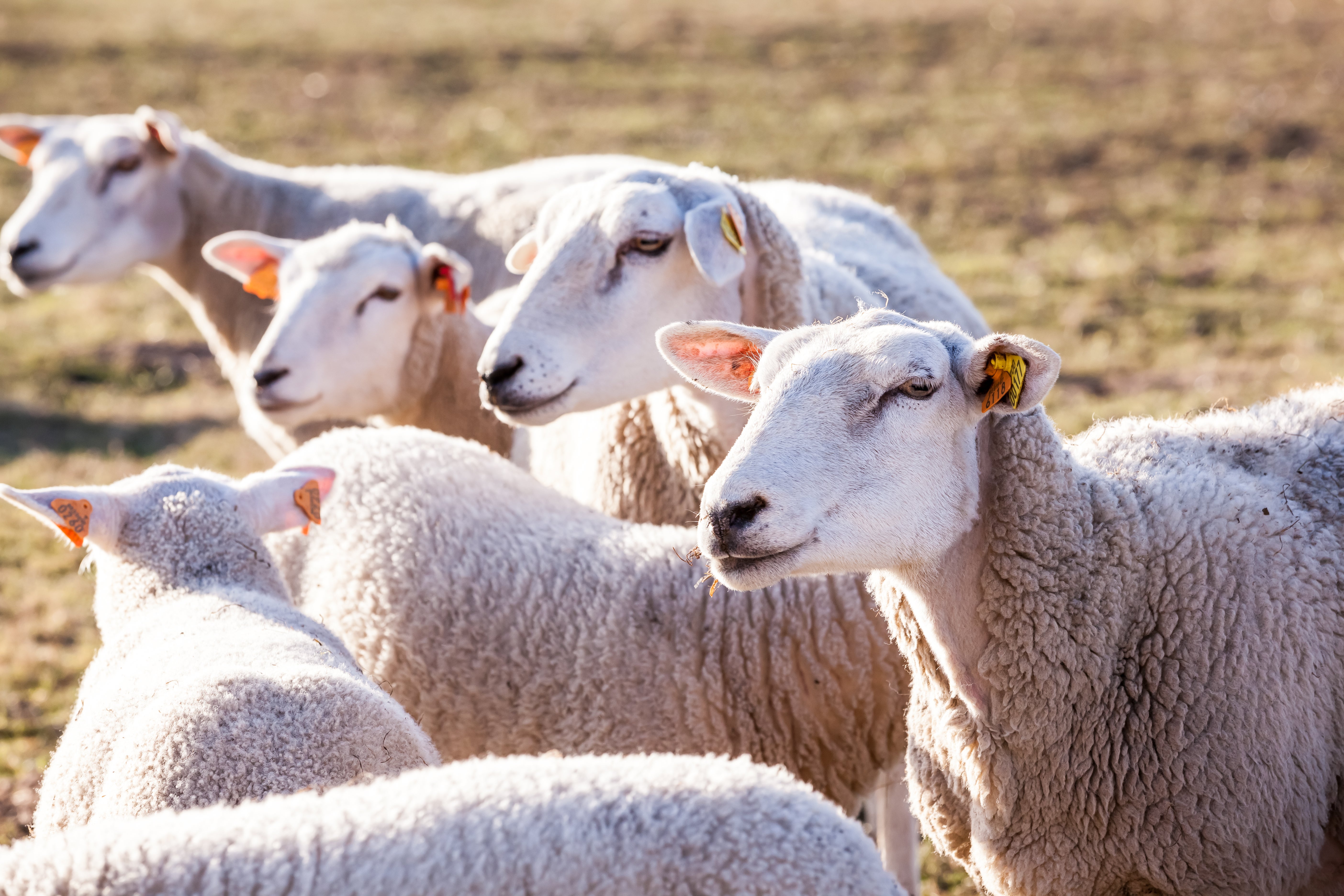
South Dakota Sheep and Goat Needs Assessment
A summary of South Dakota responses to guide on-going Extension efforts for South Dakota sheep and goat producers.

Utilizing Weather-Stressed Corn in Swine Diets
The goals of this factsheet are to help pork producers better understand the nutritional value of weather-stressed corn, how to determine if it’s economical to use, the potential of mycotoxin contamination, and how changes in bulk density affect feed mixing and transportation.
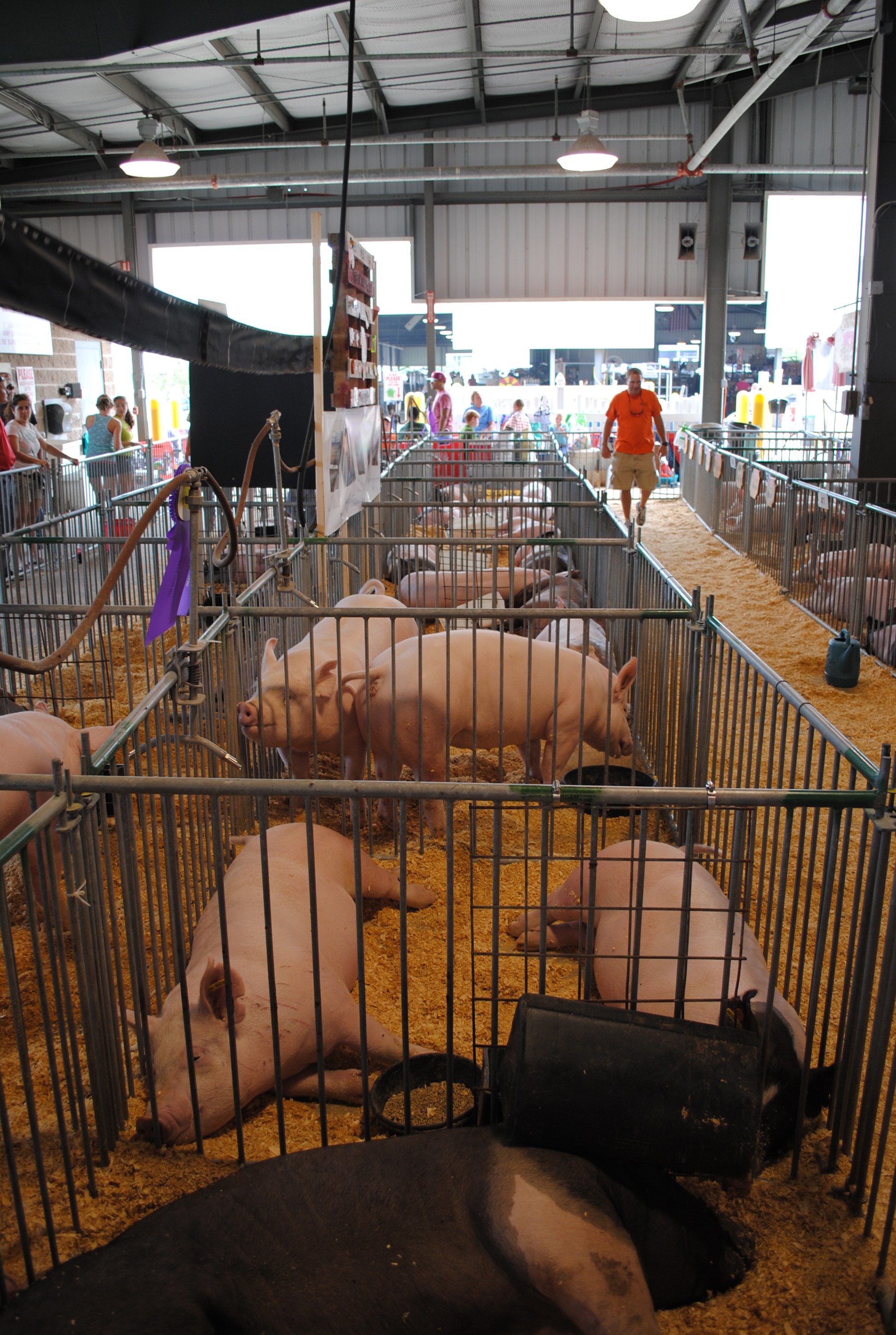
It’s Showtime, Get Your Show Box Ready!
It’s time to head off to the show, but before you can go everything needs to be loaded into the truck and trailer. You get a supply of feed and hay, load some bedding, put in a fan, add the trimming stand and now it’s time for the show box.
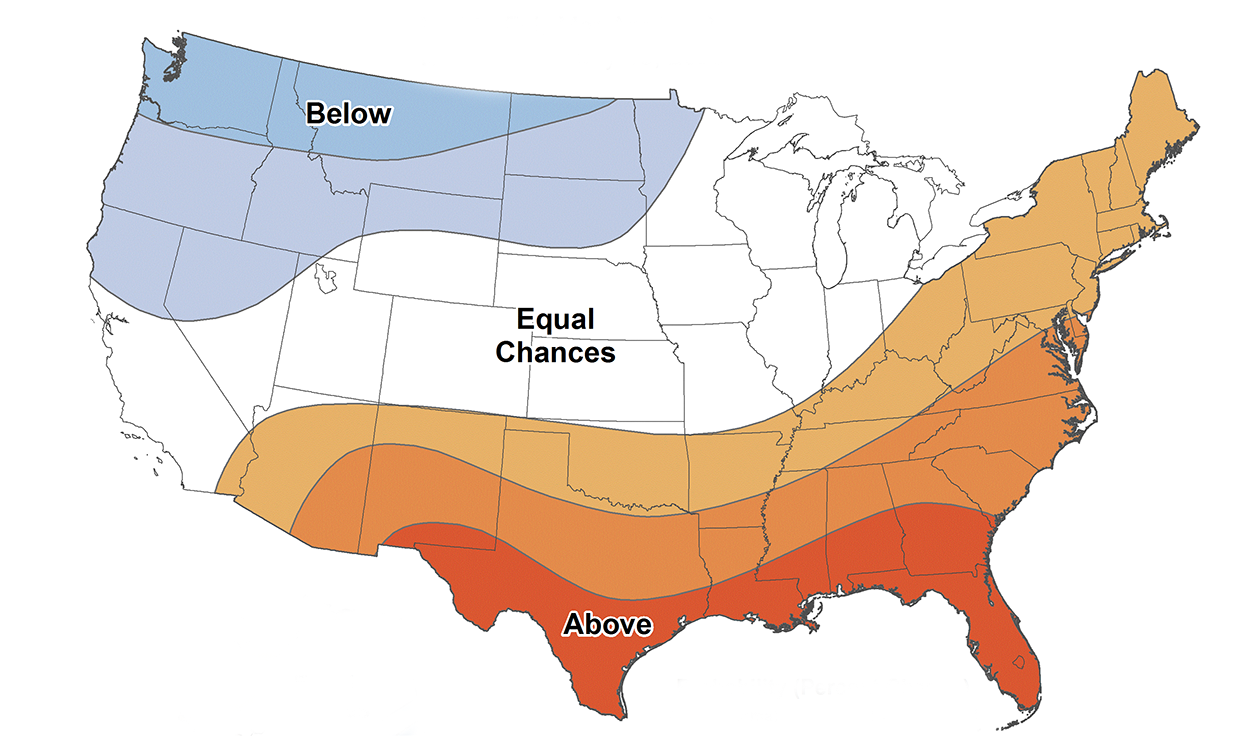
La Niña’s Third Year Concludes With Cold Temperatures
A rare, third consecutive year with La Niña conditions is coming to an end, but not without bringing cold temperatures in early February. See what to expect for the rest of winter and early spring with an analysis of the NOAA's latest climate outlook.
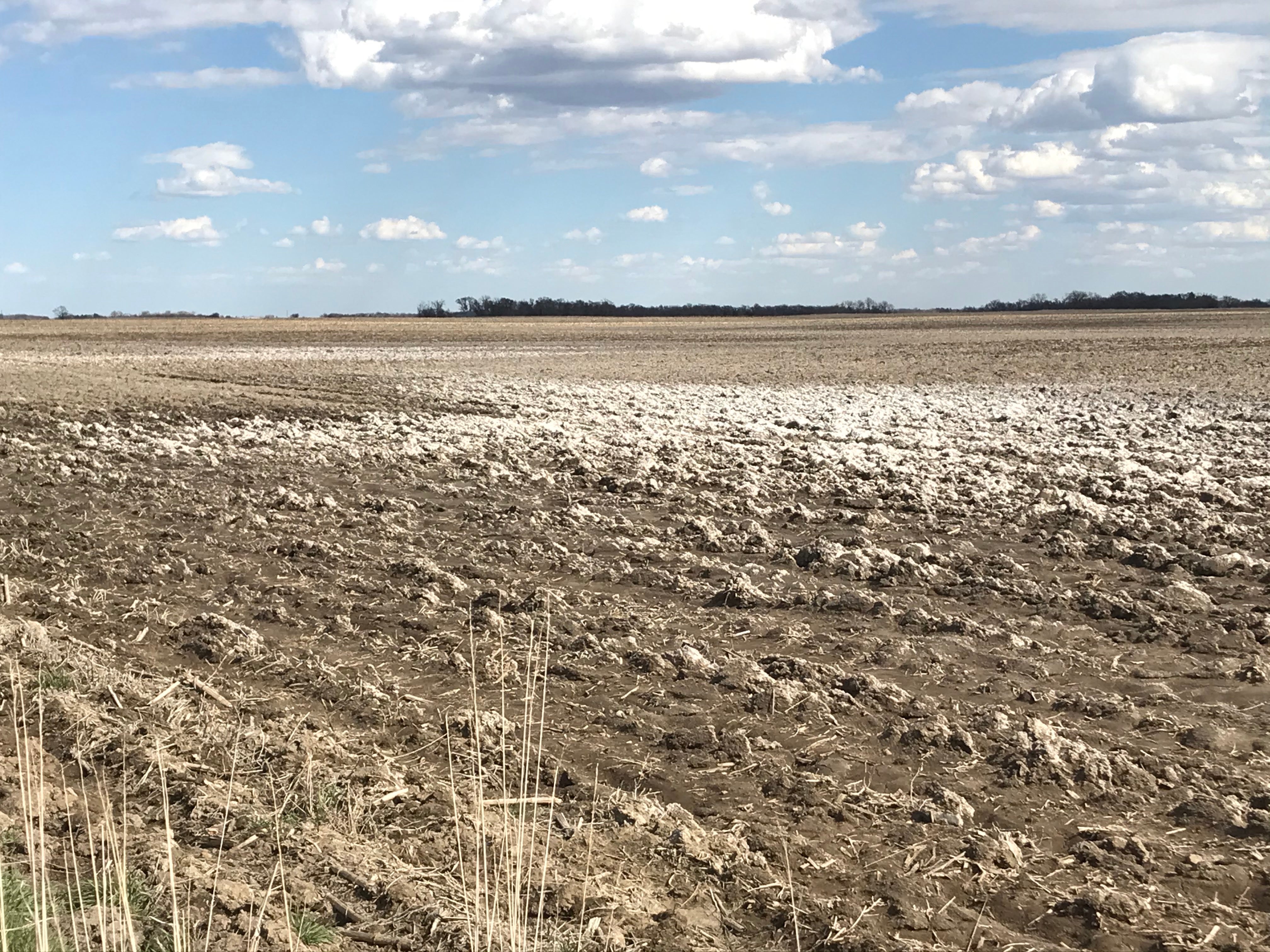
Revegetation of Salt-Impacted Soils in South Dakota
This publication provides suggested native species suitable for the revegetation of salt-impacted soils. The suggested species are listed as native to South Dakota according to the USDA NRCS Plants Database.
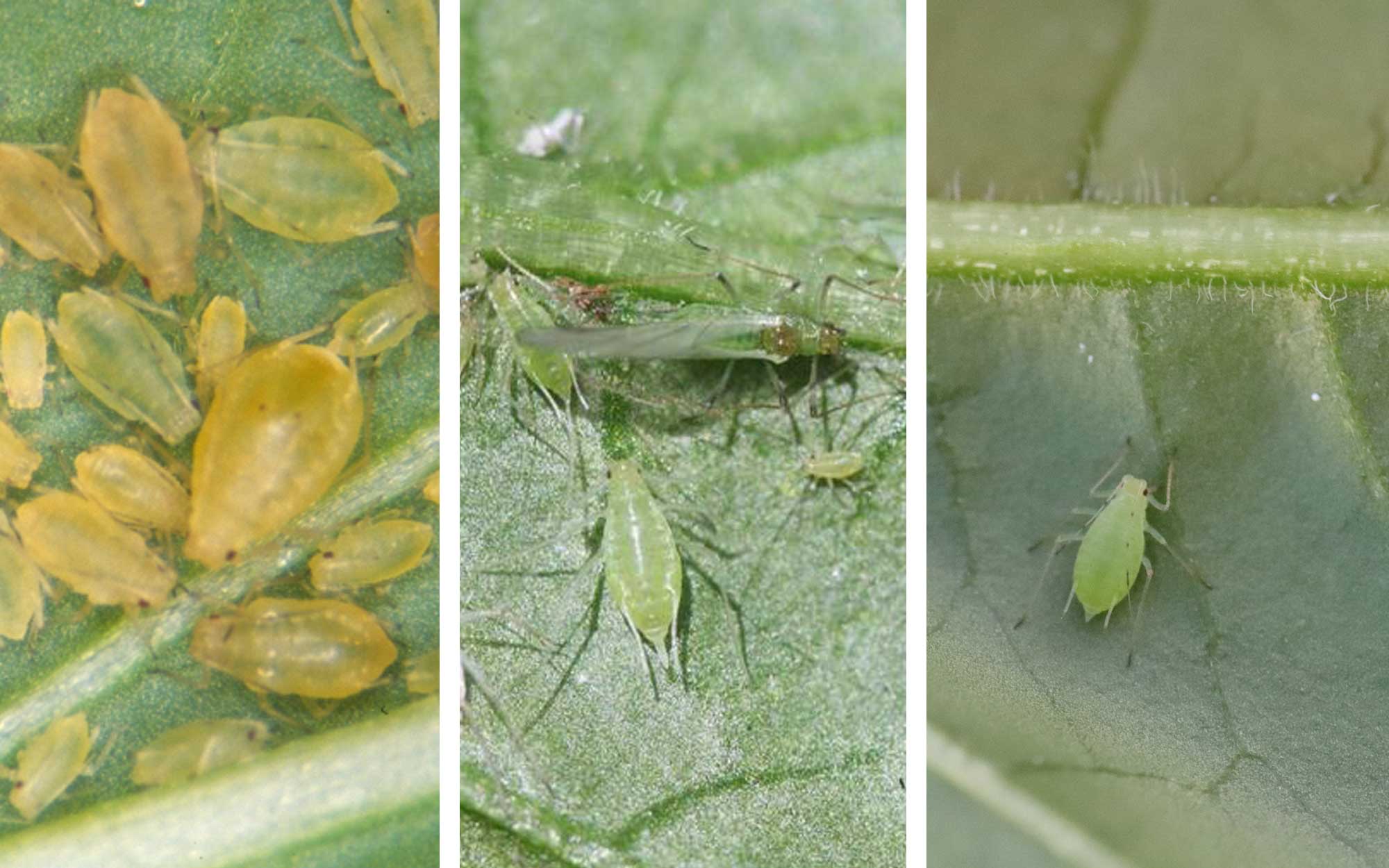
Are Your Pepper Plants Covered With Aphids?
During this time of the growing season, it is common to observe aphids on garden plants, including peppers. However, when dense aphid populations are present, they can reduce pepper yields and cause rapid plant health decline.
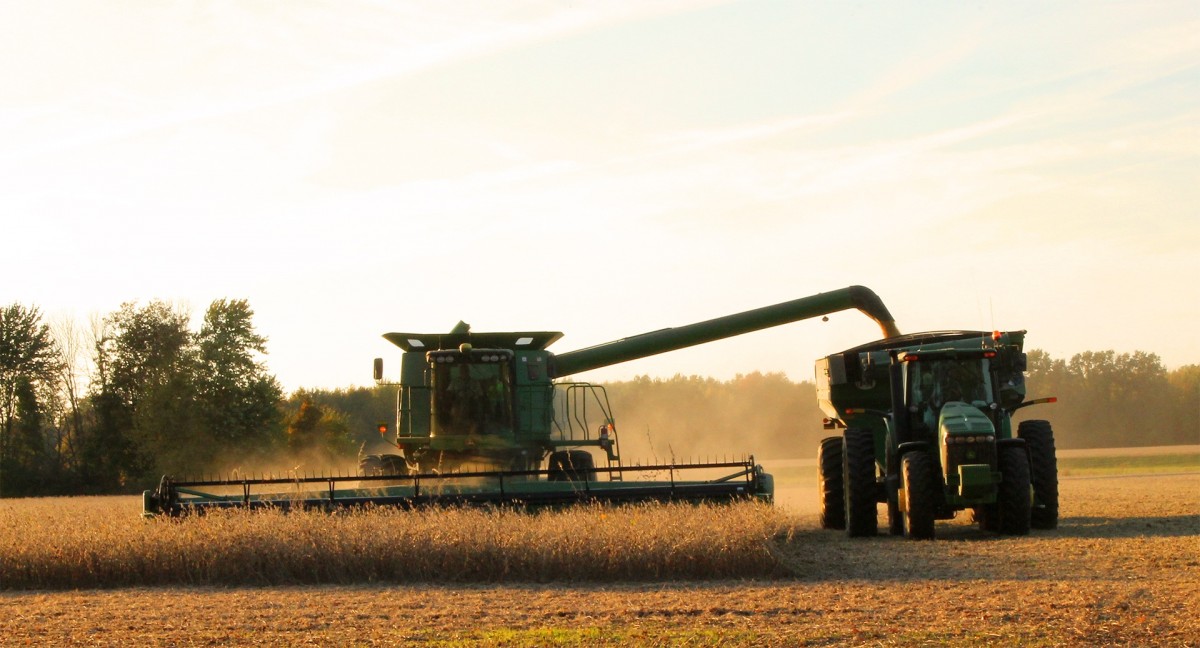
Harvesting For Maximum Soybean Yields
Numerous studies have been conducted over the last 40 years on soybean combine losses which show that yield loss can be as high as 15 percent.
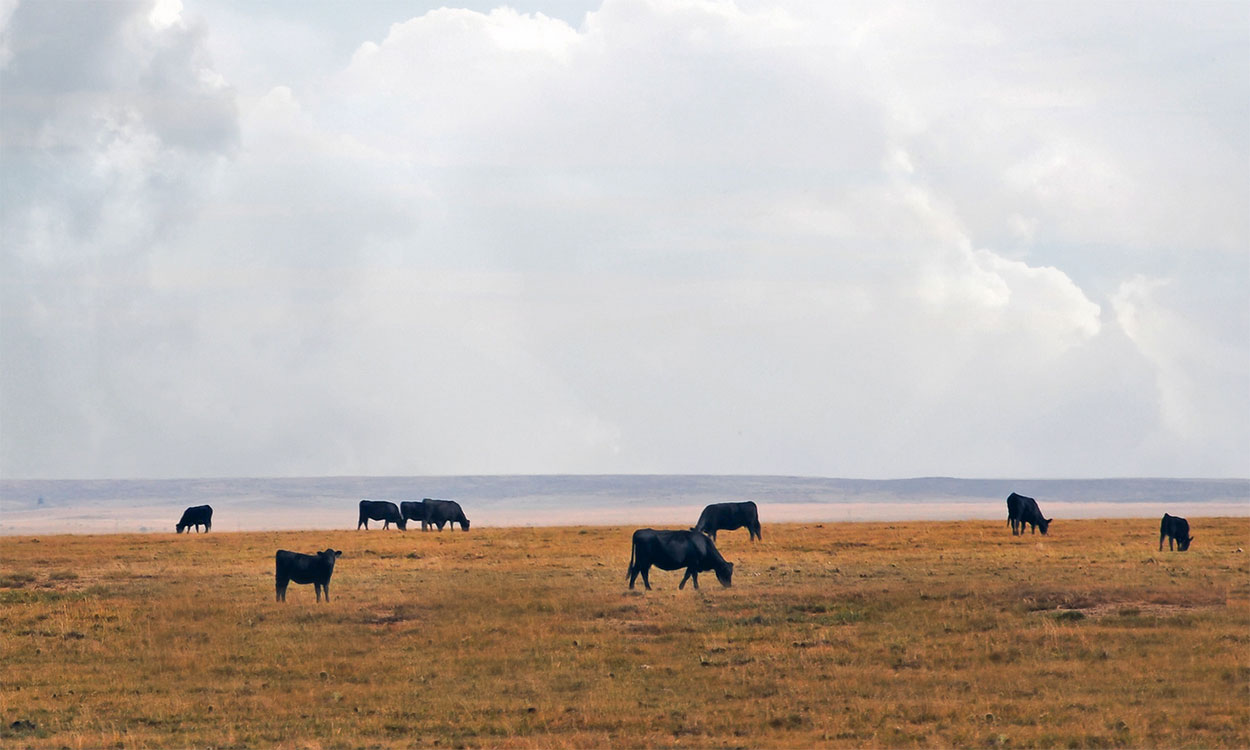
S.D. Producers’ Willingness To Adopt Patch Burn Grazing vs. Winter Patch Grazing
Patch-burn grazing and winter patch grazing are heterogenous rangeland management practices that aim to increase the variety of grass composition to benefit wildlife and maintain livestock production. To learn about producers’ desire to adopt these practices, we conducted an online survey between November 2019 and January 2020.
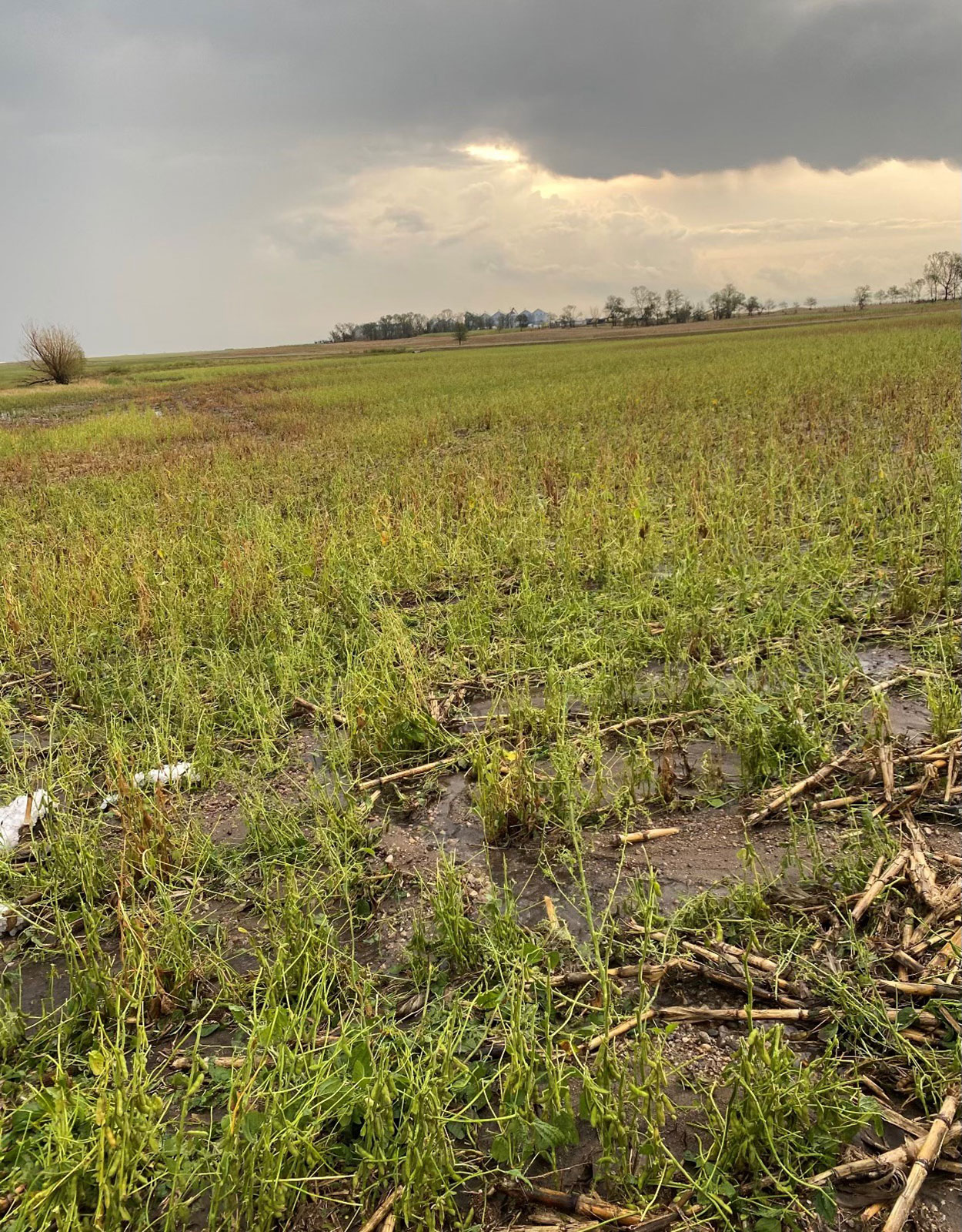
Making Decisions With Hail-Damaged Row Crops
Late-season hail damage can leave growers wondering what to do next. Before deciding what to do with your hail-damaged fields, take some time to consider a variety of management options.
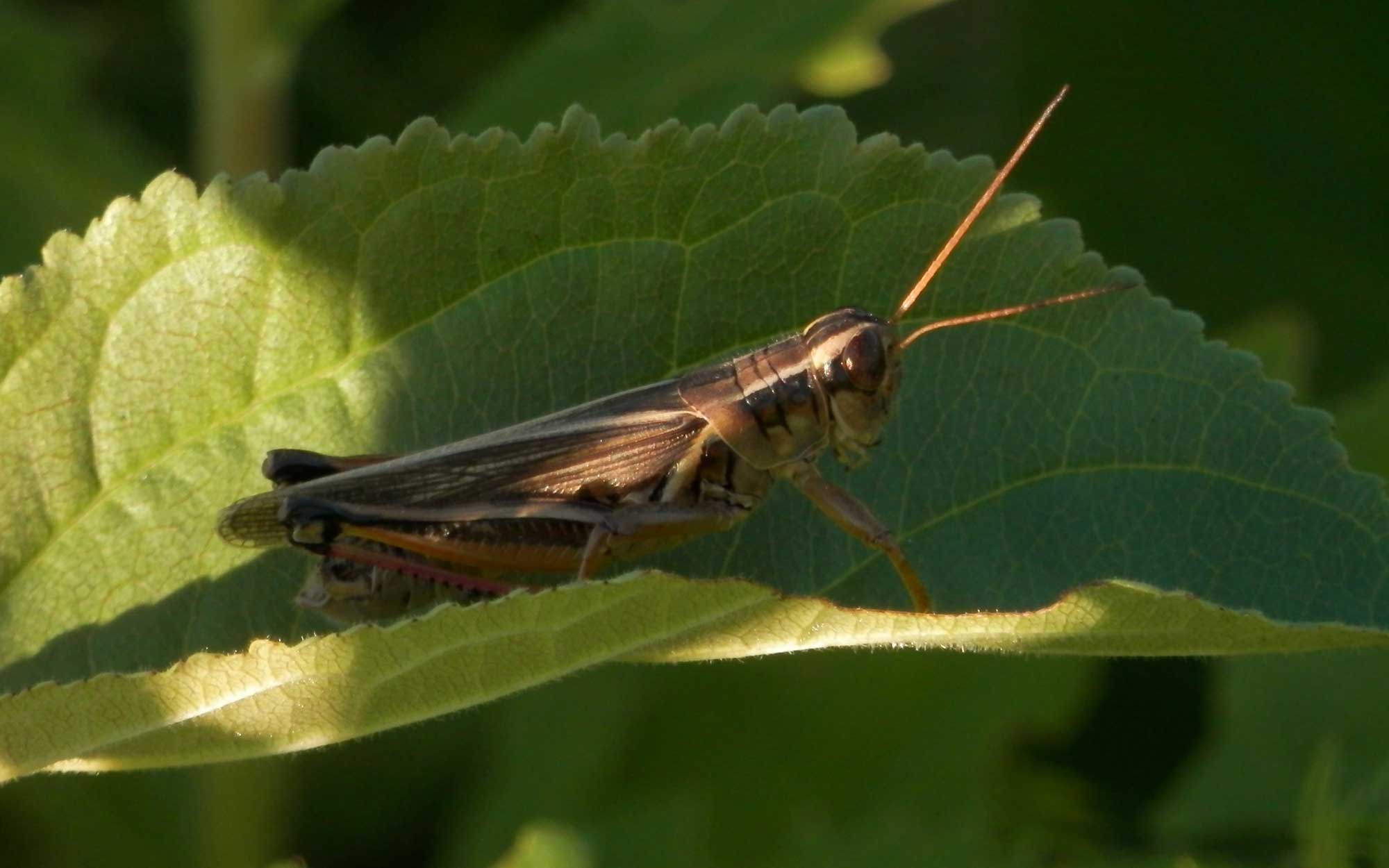
Grasshoppers: When to Manage Them in a Yard and Garden
Grasshopper populations are elevated in Central South Dakota. Some of the concerns regarding these large grasshopper populations is that they are feeding on trees, gardens and almost everything in between.